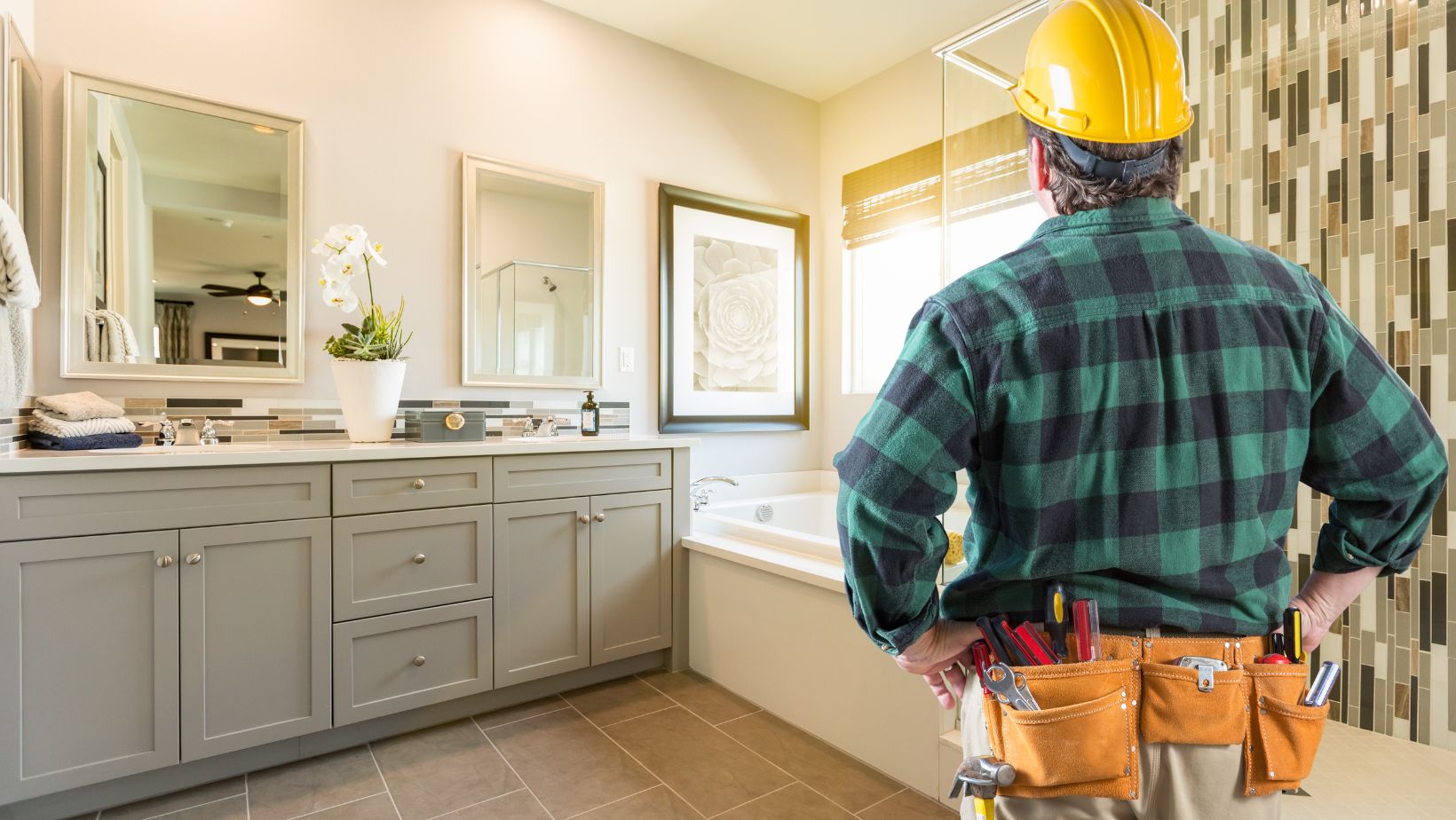
When it’s time to breathe new life into your home, hiring the right remodeling contractor can make all the difference. Whether you’re updating a single room or taking on a full home renovation, the contractor you choose will determine the quality, timeline, and cost of your project. While it’s tempting to rush into hiring the first person who offers a good quote, smart homeowners know that preparation and research lead to better results.
Here’s what you should understand before hiring a remodeling contractor, along with tips for navigating the renovation process smoothly.
1. Not All Remodeling Contractors Are the Same
There are general contractors, design-build firms, and specialty remodeling contractors. Each brings different strengths to the table. General contractors over see entire projects and coordinate with subcontractors. Design-build firms offer both design and construction under one roof, which can simplify the process. Specialty remodelers focus on particular areas like kitchens, bathrooms, or basements.
Before hiring, consider what your project requires and look for someone who specializes in similar work. A contractor who’s great with decks may not be the right fit for a kitchen overhaul.
2. Licensing and Insurance Are Non-Negotiable
One of the most important things to verify is whether the contractor is licensed (if required in your state) and fully insured. This includes general liability insurance and, ideally, workers’ compensation. These protect both you and the workers in case something goes wrong on-site.
Don’t hesitate to ask for proof. A reputable contractor will gladly provide documentation and explain what each policy covers.
3. Understand the Scope of Work
Before signing anything, make sure you receive a detailed scope of work. This should include a breakdown of tasks, materials, timelines, and payment schedules. Ambiguity can lead to confusion, delays, and surprise costs down the road.
If the contractor gives you a vague estimate or avoids providing specifics, consider it a red flag. Transparency at the beginning sets the tone for the entire relationship.
4. Communication Is Key
A great remodeling contractor isn’t just skilled with tools, they’re also effective communicators. You should feel comfortable asking questions, requesting changes, and receiving updates throughout the project. Some contractors provide daily progress reports or use apps to keep homeowners informed.
Clarify the preferred method of communication from the start, whether that’s texts, emails, or regular meetings on-site.
5. Budget Realistically
Remodeling projects often cost more than homeowners anticipate. Hidden issues behind walls, material upgrades, or unexpected delays can quickly impact your budget. A good contractor will help you understand potential variables and offer contingency planning.
It’s wise to set aside 10–20% of your budget for unforeseen expenses. A contractor who promises to come in well under market price may be cutting corners or planning to upcharge you later.
6. References and Feedbacks Tell the Real Story
Online reviews, portfolio photos, and word-of-mouth recommendations are invaluable. Ask the contractor for recent references and actually follow up with them. Ask former clients about their experience, communication, timeline adherence, and satisfaction with the final result.
Also, ask to see pictures of similar jobs they’ve completed. A proven track record builds trust and gives you a sense of what to expect.
7. Permits and Inspections Matter
Many remodeling projects require permits and inspections, especially if you’re altering plumbing, electrical, or structural components. A reputable remodeling contractor will know what’s needed and take care of it on your behalf.
Steer clear of contractors who suggest skipping permits to save time or money. Doing so could cause legal headaches, failed inspections, and decreased property value.
8. Timeline Expectations
While every homeowner wants their project done yesterday, realistic timelines are important. Rushed jobs often result in poor workmanship. Be wary of any contractor who claims they can start immediately or finish way faster than others have estimated, that’s often a sign they’re not busy for a reason.
A good contractor will give you an honest timeline, explain potential delays (like material shipping or weather), and work hard to stay on schedule.
9. Payment Plans Should Be Fair
Contractors typically ask for a deposit upfront, but be cautious of anyone who wants full payment before work begins. Standard practice is to pay a deposit (often 10–30%) and then pay in installments tied to project milestones.
Make sure the payment plan is written into your contract, and never pay in cash without a receipt.
10. Trust Your Gut
Remodeling is as much about trust as it is about skill. You’ll likely be interacting with your contractor over several weeks or months, so it’s important to feel comfortable with them.
If something feels off, poor communication, evasive answers, or aggressive sales tactics. you’re better off finding someone else. There are many experienced remodeling contractors out there, and it’s worth the extra effort to find the right fit.
Final Thoughts
Hiring a remodeling contractor is a big decision, one that affects your home’s value, function, and comfort. While it may seem overwhelming at first, doing your homework upfront can prevent costly mistakes and frustrating delays.
Start by identifying what kind of remodeling you need and gather multiple estimates. Ask detailed questions, check credentials, and don’t rush the process. The right contractor will guide you from concept to completion with professionalism and pride in their work.
Home remodeling should be an exciting, transformative experience, not a stressful one. When you take the time to choose the right home remodeling contractors, you’re setting the stage for success.













